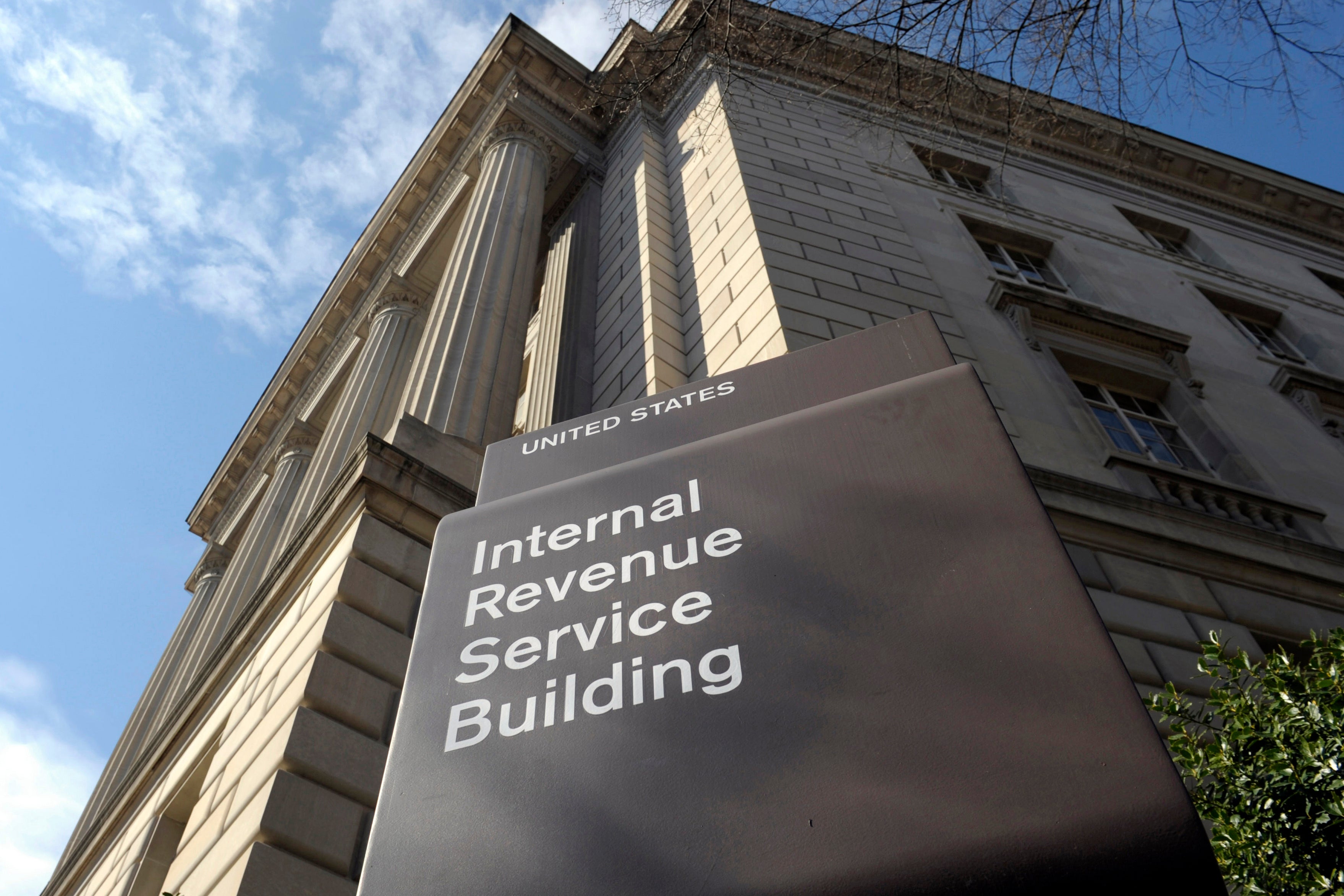IRS delays in resolving identity theft cases are 'unconscionable,' an independent watchdog says
An independent watchdog within the IRS reports that while taxpayer services have vastly improved, the agency is still too slow to resolve identity theft cases

An independent watchdog within the IRS reported Wednesday that while taxpayer services have vastly improved, the agency is still too slow to resolve identity theft cases, delays that are “unconscionable."
Overall, the 2024 filing season went smoothly, according to the latest National Taxpayer Advocate report to Congress, especially after the IRS received a massive funding boost provided by the Democrats’ Inflation Reduction Act that President Joe Biden signed into law in August 2022.
“Not to be overly dramatic, but during the last four years, I believe we have progressed from a place of despair to a place of hope and optimism for the future of the agency and therefore for taxpayers,” said Erin M. Collins, who leads the organization assigned to protect taxpayers’ rights under the Taxpayer Bill of Rights.
Still, she said, “IRS delays in resolving identity theft victim assistance cases are unconscionable."
The report details the federal tax collector's performance in modernizing its technologies, the speed with which it answers its phones and the rate it sends out refund checks, among other things.
The time it takes to resolve self-reported identity theft cases has worsened since the previous report in January, when it was nearly 19 months.
As of April, the IRS took more than 22 months to resolve these cases and had roughly 500,000 unresolved cases in its inventory, according to the report.
It said further harm could befall identity theft victims, who are often dealing with other related issues. For instance, tax refunds can be delayed, contributing to financial insecurity.
“These delays are particularly challenging for low-income taxpayers who may rely on these refunds to pay their day-to-day living expenses or expenses accrued throughout the year, such as medical bills. In addition, these identity theft victims may struggle to secure certain kinds of loans, such as mortgages,” the report said.
In response to the January report, IRS Commissioner Daniel Werfel told The Associated Press at the time that the taxpayer advocate “rightfully points out that we have a lot of work to do, but it also rightfully points out that this is not an overnight journey.”
The IRS originally received an $80 billion infusions under the Inflation Reduction Act, but that money is vulnerable to potential cutbacks.
Last year’s debt ceiling and budget cuts deal between Republicans and the White House resulted in $1.4 billion rescinded from the agency and a separate agreement to take $20 billion from the IRS over the next two years and divert those funds to other nondefense programs.
Additional money for the IRS has been politically controversial since 2013 when the agency during the Obama administration was found to have scrutinized political groups that applied for tax-exempt status. A report by the Treasury Department’s internal watchdog found that both conservative and liberal groups were chosen for close review.
“I believe the IRS has turned the corner, and with the additional multiyear funding provided by the Inflation Reduction Act, particularly for Taxpayer Services and information technology modernization,” Collins said.
“I am bullish that the taxpayer experience will continue to improve and move onward and upward.”